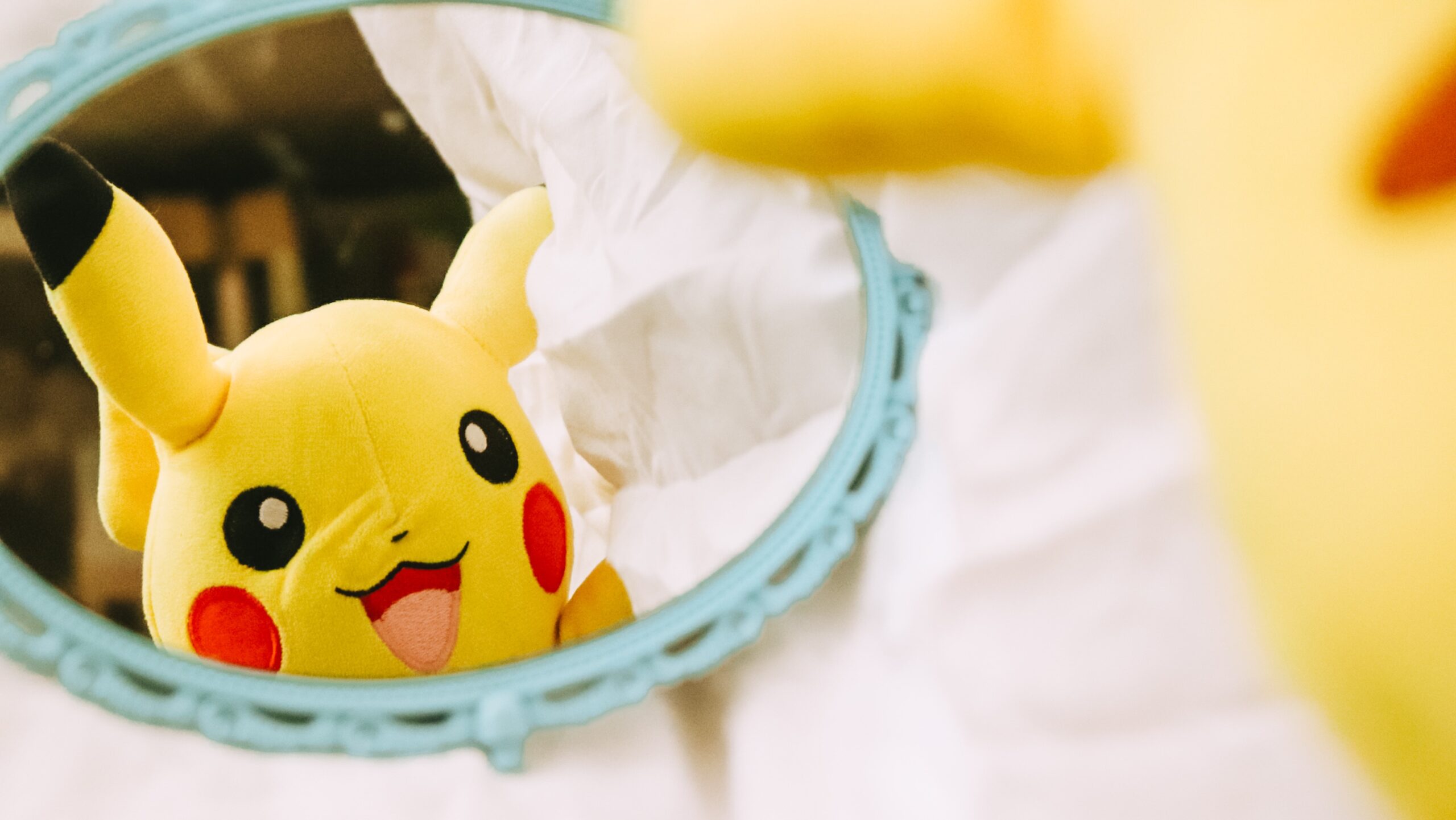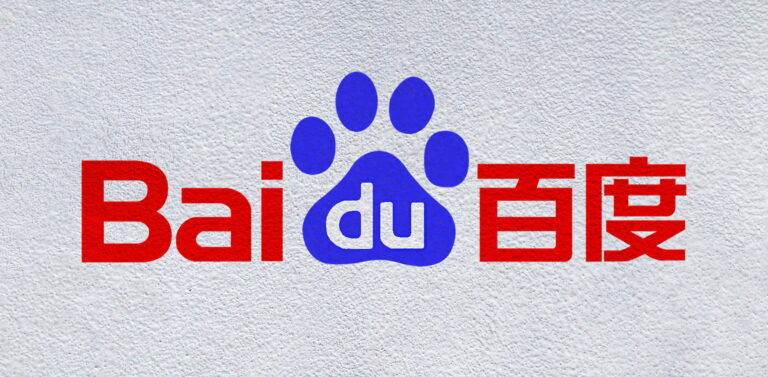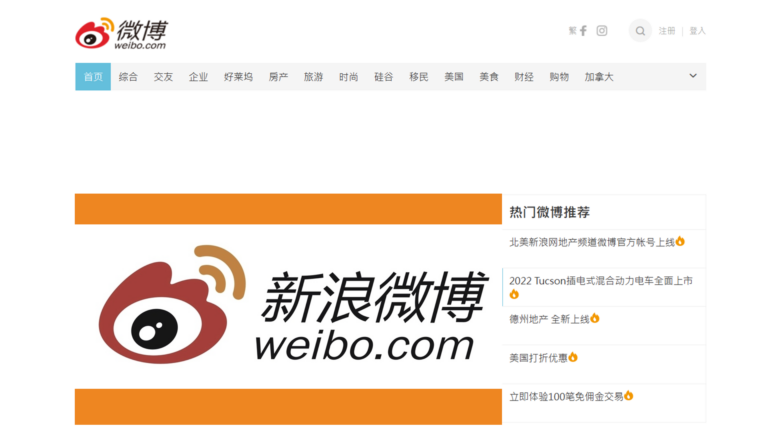Marketing campaigns with cute characters is not meant to only target children in East Asia. During the latest years, many brands have tapped into the “Meng economy” in China to capture Chinese consumers. No matter what age people are in, they can be attracted to cute things. By leveraging the “meng” (cute) culture, various brands have successively designed cute products and concepts, and even cute mascots, so as to capture consumers’ attention and better communicate with them.
Starbucks cat’s paw cup, Disney LinaBell, Line friends, and Kakao friends are examples of the great marketing potential of cuteness in China: such cute products went viral on the Internet and are often snatched up as soon as they are released.
Brands focus their efforts on the virtual world
In the past two years, the further development of artificial intelligence (AI) brought new business opportunities, and many brands thus started to make efforts in the virtual world, which has greater plasticity and stronger engagement. According to iiMedia’s 2021 survey on Chinese netizens’ perception on the metaverse, more than 60% of netizens said that they would participate in the social interaction of the metaverse in the future. In the era of the metacosm, people’s focus will shift from real life to digital life. Since their early years, virtual social networks (such as WeChat, Weibo, Red) have broken through the limitations of time and space, expanded the scope of people’s friendship, and have become an indispensable part of people’s lives. However, they lack the authenticity and intensity of in-person social networking.
Nevertheless, holographic technology in the metaverse can offer a real-like social experience to users, thereby greatly improving social interaction in the digital world. Brands are already starting to bet on the metaverse and combine traditional marketing tools with digital elements.
Chinese audience adores cute animals
“Meng” is a broad definition for cute in Chinese. In Asia, “Meng” is a very important feature and there are many animals that are considered “meng” by default, like cats, dogs, and rabbits. Since cute characters can increase consumers’ engagement and affinity with the brand, many companies have chosen adorable cartoonized animals as their mascots.
In 2019, the cat’s claw cup released by Starbucks went viral on the Chinese internet and was literally snapped up. Such great hype for the cup made the unit price jump from the original 199 RMB to over 1,000 RMB.
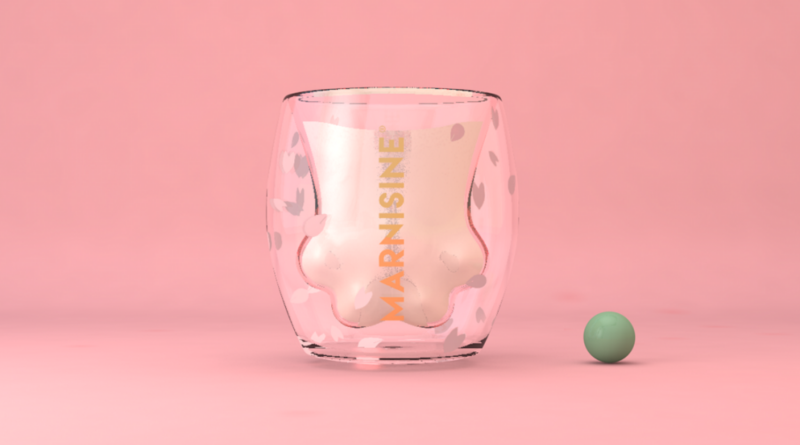
Another successful brand mascot in China is Linabell. It is a little fox doll officially launched by Shanghai Disneyland on September 29, 2021. On December 29, 2021, Shanghai Disney’s 2021 Duffy & Friends Christmas series of merchandise was put on sale. On December 29, at 3 a.m., there were about 5,800 people queuing up outside Shanghai Disneyland to have the chance to get hold of Linabell merchandise. Linabell has become a popular icon due to its cute, enthusiastic, and heartwarming image, which helped Chinese young people to their toughest days during lockdowns.
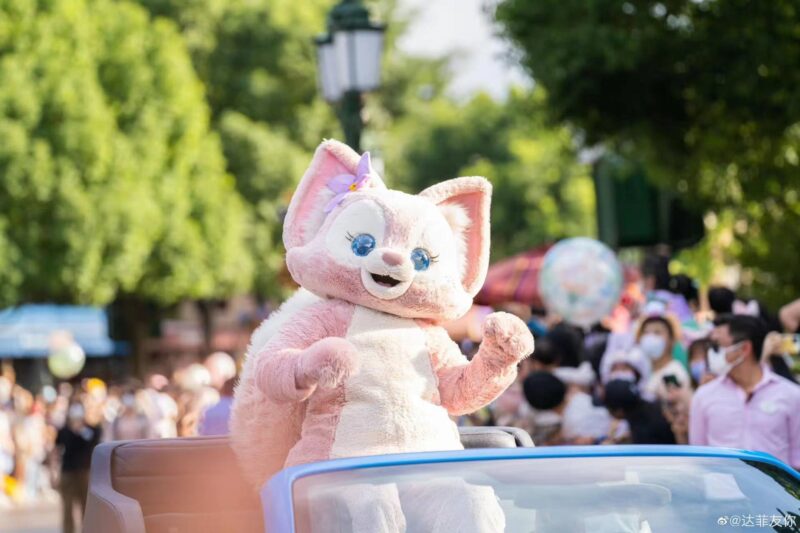
During the pandemic, the uncertainties in people’s lives have increased, and cute characters can bring relief to people. In the book 《卡通形象营销学》 (Cartoon Character Marketing), the author provided evidence showing that cartoonized images can affect purchasing decisions Indeed, during the experiment, consumers’ willingness to buy food with cute packaging was 25% higher than their willingness to purchase snacks without any cartoonized picture.
How brands are bringing the meng economy online
In order to catch tech-savvy young Chinese consumers, many companies have expanded online and tapped into the “meng” economy. Since 2020, both domestic and foreign leading Internet enterprises have entered the metaverse.
Tmall’s digital collectibles
Digital collectibles, which have been popular since 2020, are tradable non-fungible tokens using blockchain technology.
During Double Eleven festival in 2021, six famous international luxury brands Burberry, Longines, Emporio Armani, Coach, Balmain, La Perla collectively released digital collectibles on Tmall. Consumers could get limited-edition digital collectibles when they purchased physical goods. BURBERRY, for example, released about 1,000 copies of its cute deer mascot wearing one of the iconic scarves on sale during the festival, for 2,900 RMB each.
On the first day of Double 11 alone, the cute digital collectibles went sold out, thereby showing people’s well acceptance of the new concept.
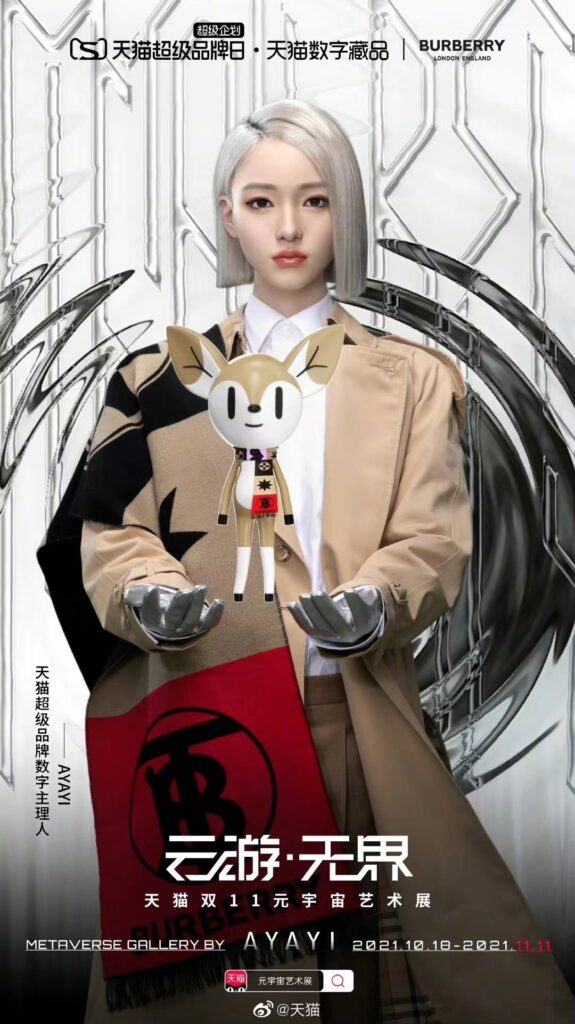
AR interactive technology in offline stores
Augmented Reality (AR) is a technology enabling users to overlap computer-generated information to what they are watching in the real-world, sometimes through involving different sensorial perceptions.
Several B2C brands are beginning to install AR technologies to provide customers with a more immersive and interactive experience. Indeed, AR allows consumers to have a multi-sensory experience of the brand, thus increasing a stronger emotional connection between the brand and the consumer.
The fields of application of the AR technology go beyond virtual fitting and make-up trials. Burberry has also made some new attempts in shopping malls in some of China’s most important cities to bring a different experience to Chinese consumers who have re-entered the boutique after the pandemic. For example, in June 2020, the brand opened a pop-up store with the theme “Burberry Animal Kingdom” in Shanghai International Trade IAPM Mall, IFC Mall of IFC Center, Nanjing Deji Square and Shenyang MixC City, where visitors could use AR technology to interact with animals through their mobile phones.
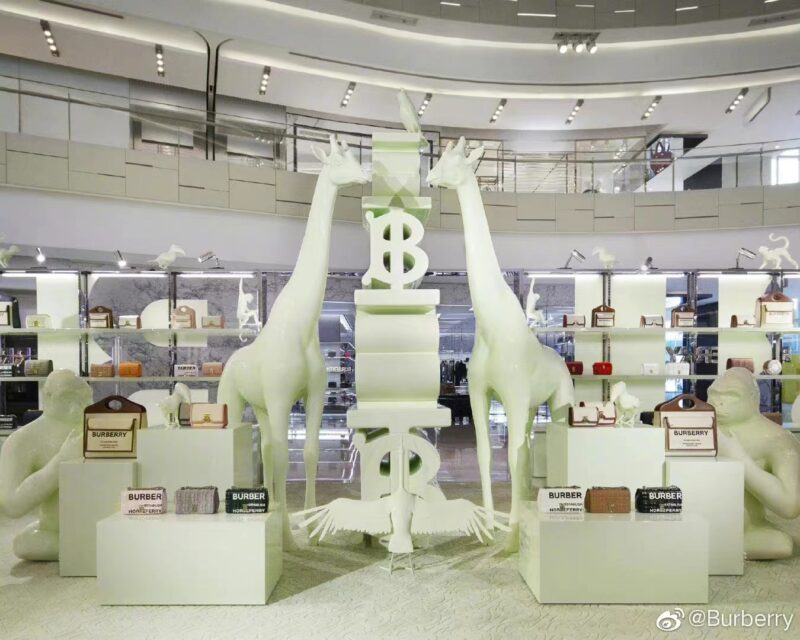
WeChat mini games
WeChat Mini Programs allow users to get access to a wide range of services without downloading nor installing any other app, but just relying on WeChat (Chinese most commonly used instant messaging app).
For example, WeChat Mini Game “Raise a Cow” (认养一头牛云牧场) is owned by the local milk brand “认养一头牛”. In this game, consumers can adopt and feed a cute calf of their own and experience the process leading to the production of high-quality milk. This kind of mini game can enhance people’s connection with the brand.
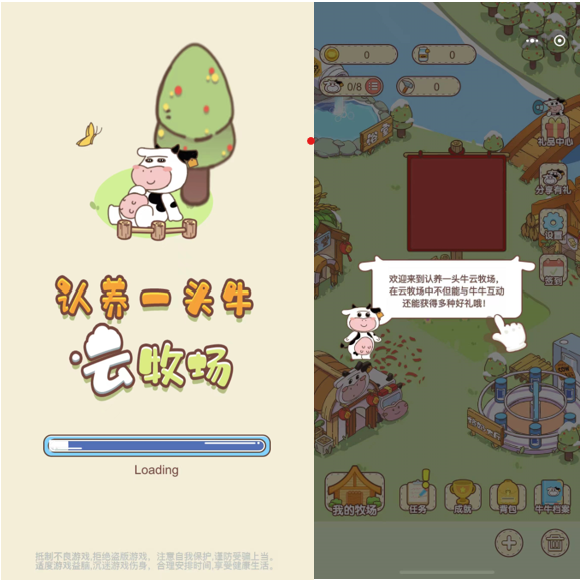
Yongpu Coffee has created a “小岛咖啡店” (café island) simulation business game. Combined with the brand’s IP 石端正 and product operation tasks, users can earn points and win a wide range of branded products.
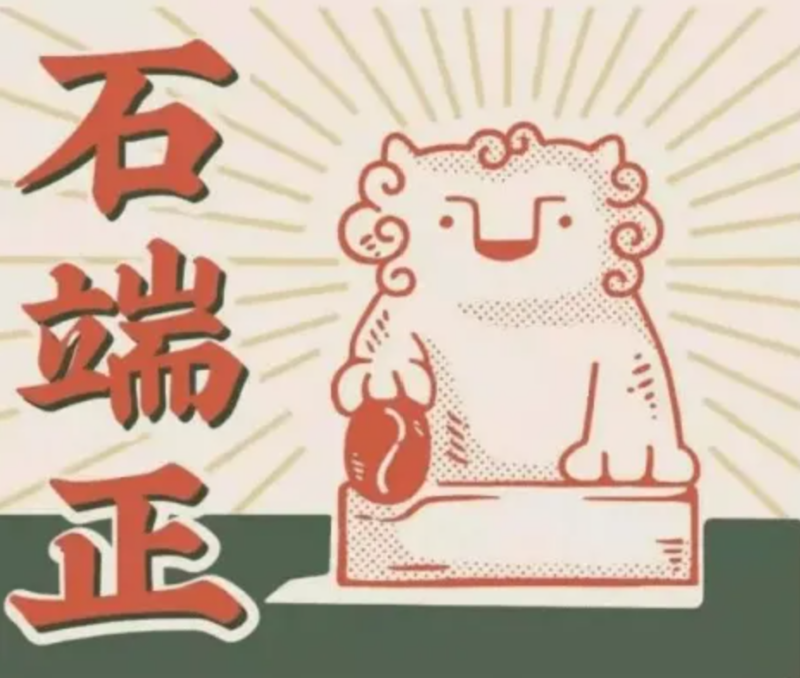
The whole game interface is very innovative and cute, highly interactive. Users can get points when they accomplish the tasks. The game also leads people to recycle, reinforcing the environmental concept of the brand.
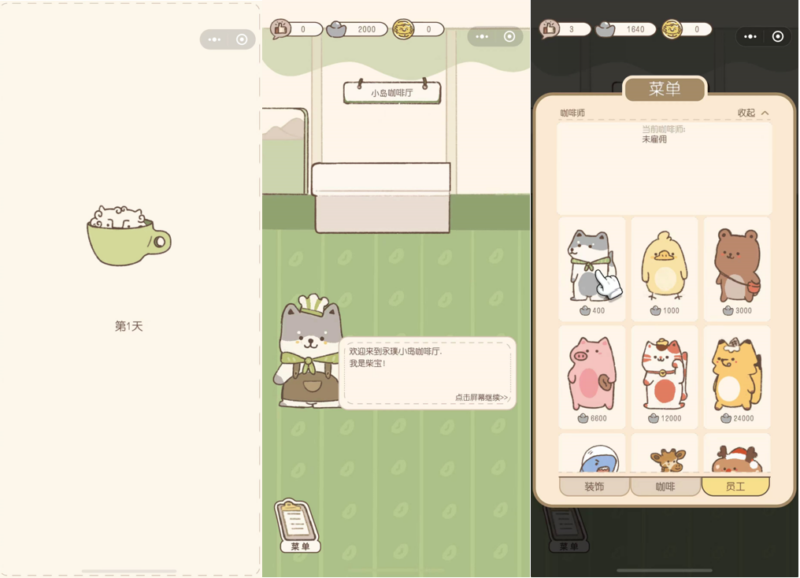
Brands are tapping into the meng economy online
- Chinese audience adores cute animals. During these years, more and more brands have tapped into the “Meng economy”, consisting in adopting cute pets and cartoonized characters as brand mascots in China.
- Chinese netizens claim being eager to develop their social life into the metaverse in the future.
- New online channels give new ways for brands to integrate the “meng economy” into their digital marketing and communication strategy. For instance, Burberry’s integrated AR technology in its pop-up stores to provide consumers with a multi-sensory experience, thus increasing the emotional connection between the brand and the consumer.
- The milk brand 认养一头牛 and coffee brand yongpu coffee have instead used cartoon characters and gamification to shorten the distance between the brand and the consumers.


